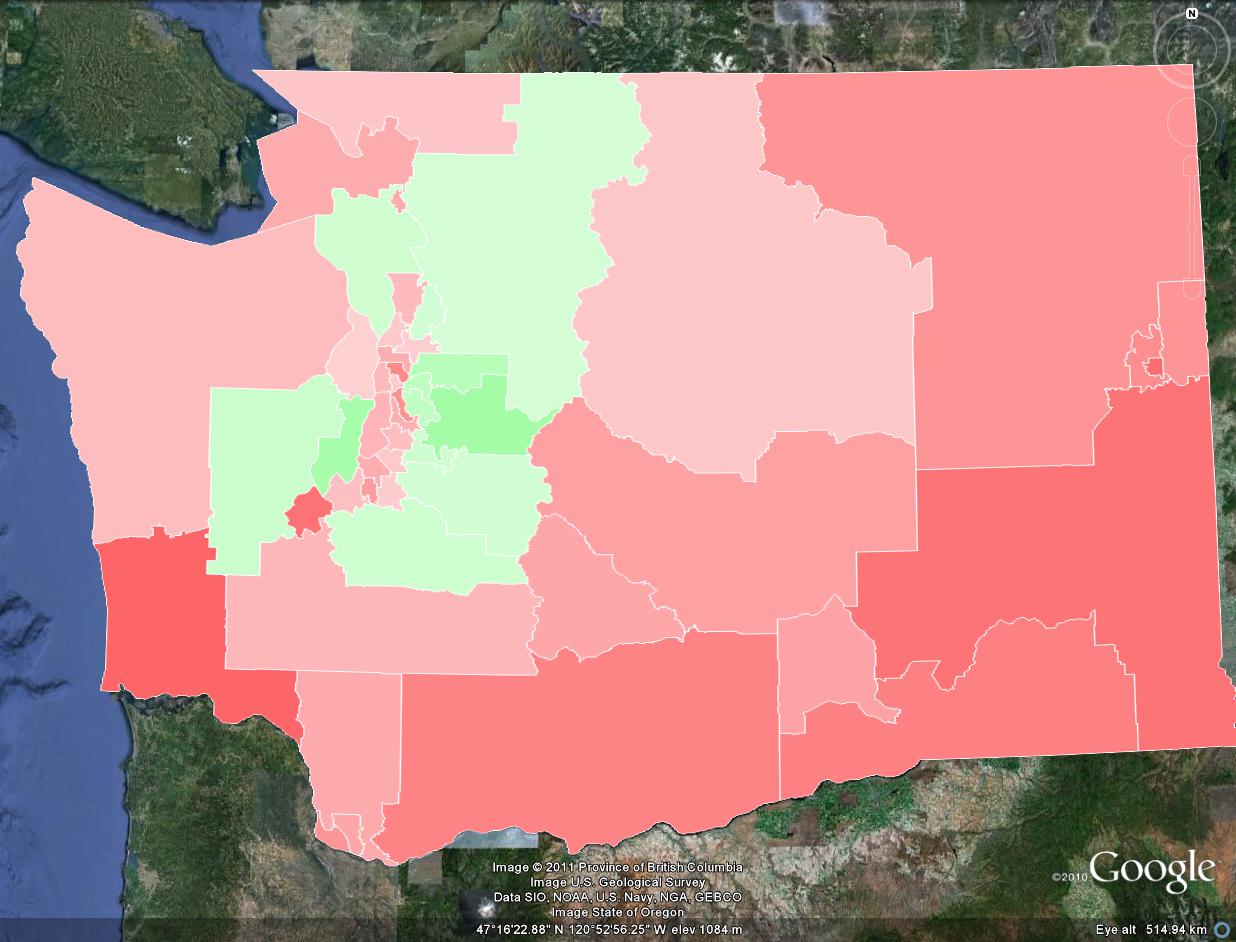
Chris Carlson
Carlson Chronicles
|
There is a path out of the wilderness of despair surrounding the deplorable state of Idaho’s public school education and higher education. The pieces are falling into place; the ingredients are at hand.
The recipe includes the state’s teachers, many of whom have been passive observers as Republican governors and legislators have gutted public education during the last couple of sessions; the parents, finally being stirred from their lethargy as they realize Idaho’s support per pupil is the lowest in the nation; and test scores showing our children falling further behind.
Additionally, businesses are stumbling to the realization that the educated workforce required to be competitive in a world-wide market place is not coming from our woefully underfunded system.
Top that off with an ineffective state Board of Education that hasn’t a clue about how to provide leadership.
The path forward has been laid out in part by two fine writers and public affairs analysts: the editorial page editor of the Lewiston Morning Tribune, Marty Trillhaase, and Marc Johnson, the Boise office managing partner for Gallatin Public Affairs for which I used to work.
Trilhaase recently pointed out we should not waste their time trying to recall State Superintendent of Public “Destruction†Tom Luna. The threshold for necessary signatures is impossibly high and the timeframe too short. Assuming a group organized and galvanized sufficient backing for a ballot recall, to win one would require 275,000 votes, or one more than the number he received in his last election.
In an off year election that is unrealistic.
Instead, Trillhaase counseled those justifiably upset with the Luna agenda need to get only 47,000 signatures in 90 days after the Legislature adjourns to place the package on the ballot for an up or down vote. There is precedence for this course.
This path was utilized in 1966 when the Legislature passed the state’s fist sales tax with the proceeds ironically designated primarily for education. The measure was on the November ballot. In that instance, the sales tax was upheld.
Marc Johnson’s blog of March 9 provided a strategy developed from a self-examination and an admittance that the Idaho Education Association had brought its waning influence upon itself for its failure to engage in meaningful dialogue with administrators, parents, local school boards and legislative representatives on the changing face of education.
Johnson also faulted the IEA for its failure to build a base of support through the development of local candidates for local legislative offices. Instead, the IEA brass focused on big-ticket races. Johnson’s message to teachers and their leadership was they had forgotten the first rule of politics---organize, organize, organize and then organize some more.
The chance to demonstrate new organization and revitalize itself is presented by the Trilhaase proposal to go the referendum route.
What is missing is someone to lead this effort. There’s an old newspaper saying that people would much rather read about other people than about ideas, lofty thoughts or brilliant strategies. The message is find someone who is interesting, who can articulate the message and put a human face on that message.
The waning days of this Legislative session has produced the obvious leader: Boise State Representative Brian Cronin. Read his comments on the House floor during the debate on the Luna package. They were articulate, to the point, incisive and respectful of those with whom he disagreed. His ability to disagree without being disagreeable is remarkable.
Trilhaase has identified the vehicle, Johnson has laid out some critical elements to a successful repositioning strategy, and I am left to nominate the leader.
Once you have led the repeal of the so-called Luna Reform package, keep that organization together. Launch a broad-based run for governor, Brian, with a specific targeting of the state’s 10 largest counties where education remains the top priority. Make education renewal your campaign theme.
Run, Brian, run!




